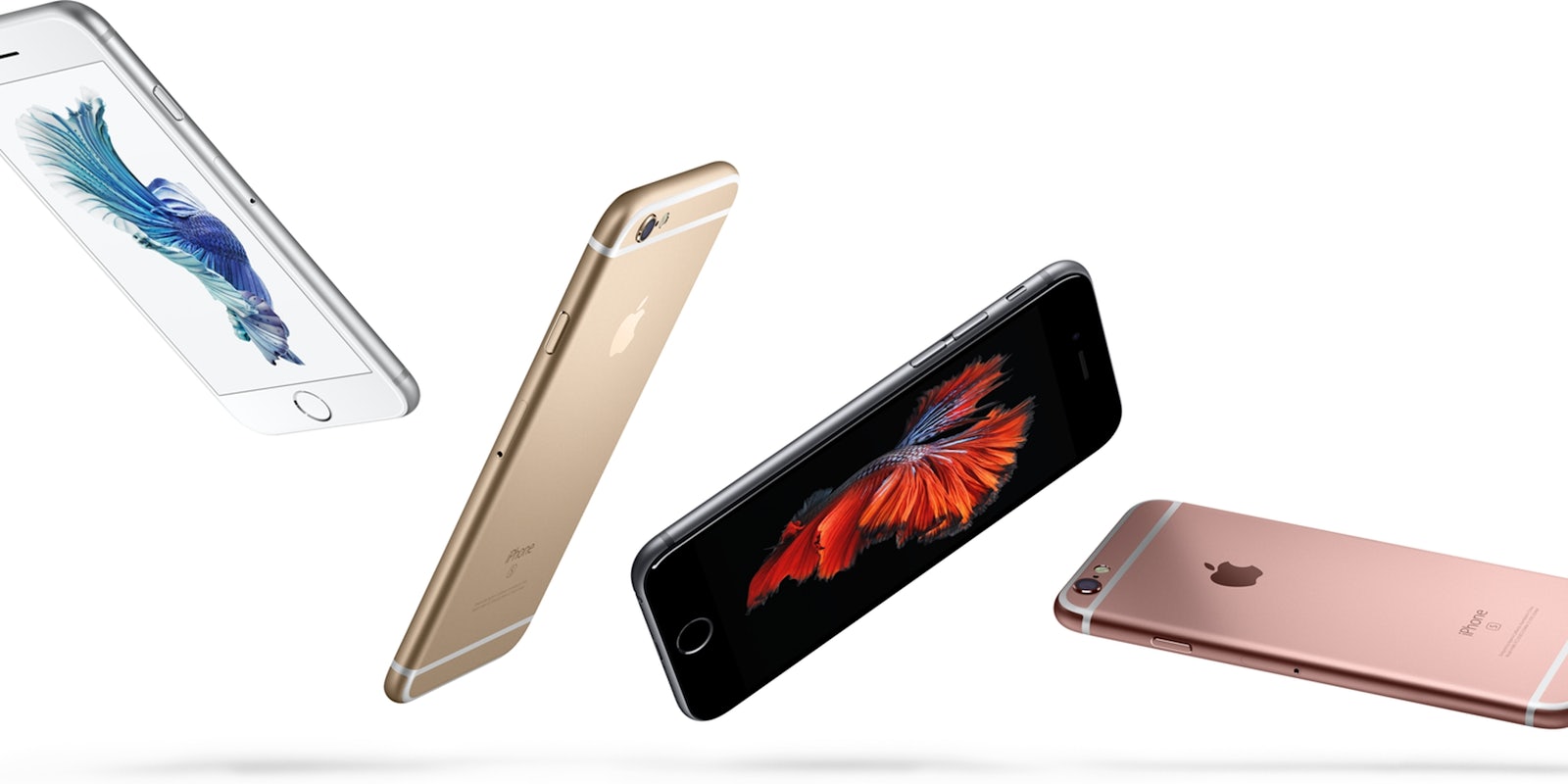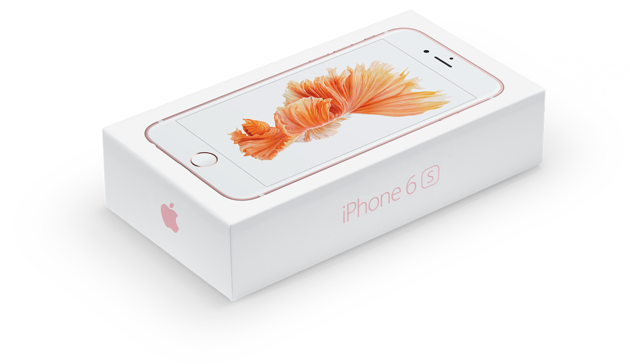In the midst of the iPhone 6s, Apple TV, and iPad Pro insanity during Apple’s special event in San Francisco this week, the company spent just a few short moments talking about its all-new iPhone subscription plan. The offer, which is effectively a leasing arrangement, gives you a new iPhone every single year for as little as $32 per month.
The plan is a direct competitor to carrier programs like AT&T Next, T-Mobile’s Jump and Verizon’s monthly device payment structure, formerly known as Verizon Edge. Naming schemes aside, the concept is the same across the board: Pay for your device over time rather than up-front.
However, as you might have guessed, it’s not perfect parity. There are small differences in the pricing and trade-in structures of each plan, and you need to know them before you make your commitment.
Here’s the math for each company’s program, calculated for a person who wants a new 16GB iPhone 6s, and plans to upgrade to the inevitable iPhone 7 at this time next year. The device itself costs $649 if bought outright, and we’ll be comparing the pricing structures against that flat rate.
Apple iPhone Upgrade Program
- $32.41 per month
- Additional fees: $0, unlocked device will work on any carrier
- The gist: Trade in for a new iPhone after 12 months or continue paying for the full 24 months. Bonus: This price includes AppleCare+, Apple’s robust insurance program.
- Device cost until upgrade: $388.92 ($260.08 less than the cost of the device)
- Total device cost for the entire plan: $777.84 ($128.84 more than the cost of the device)
AT&T Next 24
- $21.63 per month
- Additional fees: Qualifying AT&T service plan required
- The gist: Trade in for a new iPhone after 24 months or continue paying for the full 30 months
- Device cost until upgrade: $519.12 ($129.88 less than the cost of the device)
- Total device cost for the entire plan: $649.00
AT&T Next 18
- $27.04 per month
- Additional fees: Qualifying AT&T service plan required
- The gist: Trade in for a new iPhone after 18 months or continue paying for the full 24 months
- Device cost until upgrade: $487.72 ($161.28 less than the cost of the device)
- Total device cost for the entire plan: $649.00
AT&T Next 12
- $32.45 per month
- Additional fees: Qualifying AT&T service plan required
- The gist: Trade in for a new iPhone after 12 months or continue paying for the full 20 months
- Device cost until upgrade: $389.40 ($259.60 less than the cost of the device)
- Total device cost for the entire plan: $649.00
T-Mobile Jump
- $27.08 per month
- Additional fees: $10 per month, and a qualifying T-Mobile service plan is required
- The gist: Trade in for a new iPhone after 12 months, or continue paying for the full 24 months
- Cost until upgrade: $444.96
- Total cost for the entire plan: $889.92 ($240.90 more than the cost of the device)
Verizon Device Payments
- $27.05 per month
- Additional fees: Qualifying Verizon service plan is required
- The gist: You pay for the device over 24 months, and there is no implied option to upgrade early unless a promotion pops up. If you want to upgrade after 12 months, you’ll need to pay the balance on the device, and then you own it.
- Cost until upgrade: $649
- Total cost for the entire plan: $649
As you can see, Apple’s device cost narrowly edges out AT&T’s Next 12 plan, making it the cheapest option available for those on a yearly iPhone cycle. Not to mention, it comes with AppleCare+. If you decide to keep the device and pay for the entire string of 20 payments, you’ll end up paying more than most of the carrier options, but if you’ve been going on an iPhone binge every fall for a few years now, you’re going to save yourself some cash with Apple.
It’s also important to keep in mind that there are other factors that could make one or more of these plans either cheaper or more expensive for you. For example, AT&T gives its Next plan participants a small discount on their monthly services, which can work in your favor if you’re already an AT&T subscriber.
On the flip side, the phones you’ll be getting from carriers are often locked, whereas the unlocked device Apple is offering not only works with whatever carrier you choose, but also carries a much higher resale value if you end up deciding to pay for it in full and cash in on eBay or Craigslist.
The good news here is that most of the plans are pretty reasonable no matter what company you go with, and none of them are making a killing off of your iPhone-centric lifestyle. Still, Apple’s offer is hard to turn down.
Photo via Apple



